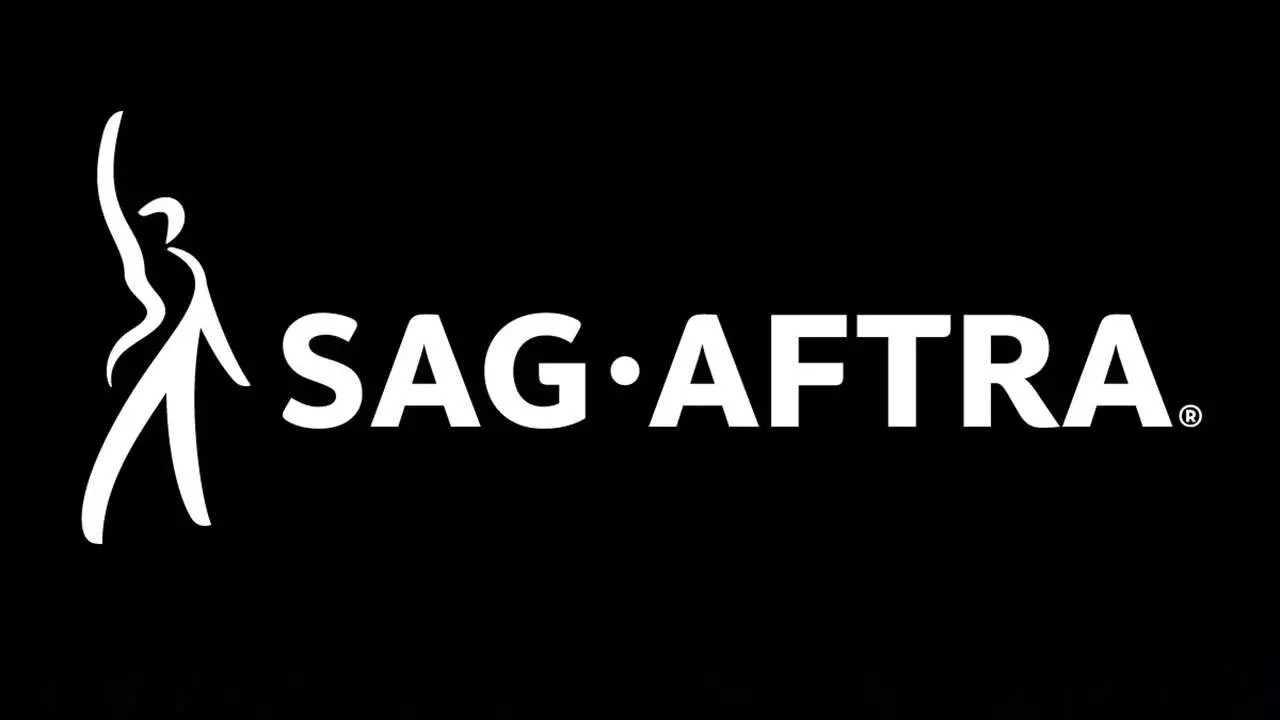In recent months, the landscape of video game development has been reshaped by growing concerns over the use of artificial intelligence (AI) in the sector, particularly regarding voice acting and performance capture. This has led to the Screen Actors Guild-American Federation of Television and Radio Artists (SAG-AFTRA) initiating a strike against several major companies involved in creating interactive media. The strike stemmed from the union’s inability to secure satisfactory agreements that protect its members’ rights in relation to AI technologies that could replicate their voices and likenesses without fair compensation and consent. This issue is not merely a business concern but a fundamental question of creative ownership and the ethical use of technology in art.
After three tumultuous months marked by impassioned protests and picket lines, SAG-AFTRA is set to return to the negotiating table on October 23 with notable gaming companies like Disney, Activision, Electronic Arts, and Warner Bros. Games. The talks will revolve around the Interactive Media Agreement (IMA), under which these companies operate. The union’s commitment to protect its members’ rights is evident as they prepare to engage in discussions that could determine the future of voice acting across video games. Picketing at the Warner Bros. lot on October 16 signals the urgency and determination of the union to make their voices heard, advocating for standards that reflect the evolving nature of performance in an increasingly digital world.
The pivotal issue at hand remains the use of AI in the replication of voice work and performance capture. SAG-AFTRA has articulated a clear demand: any use of their members’ work in AI models must be consensual and adequately compensated. The potential for AI to create synthetic voices or simulate performances raises ethical dilemmas about artists’ rights. By insisting on regulations that protect performers, the union aligns itself with other industries grappling with similar concerns. SAG-AFTRA general counsel Jeff Bennett emphasized the importance of respecting human creativity, urging gaming companies to embrace industry standards that safeguard artists.
The conflict escalated in September when SAG-AFTRA accused Formosa Group, a voiceover production company, of attempting to engage in non-union work for a developing video game through a shell company. This led to further action from the union, including a complaint filed with the National Labor Relations Board. Furthermore, SAG-AFTRA expanded its strike to include League of Legends, a flagship title that has provided substantial work opportunities for voice actors. Riot Games, the entity behind League of Legends, publicly defended its relationship with union performers, asserting that their collaboration has always been conducted through union channels since the project was unionized five years ago.
The rise of AI has proliferated concerns across the creative industries, with artists increasingly worried about how their work can be replicated and commodified without their consent. This situation underscores a broader narrative about the intersection of technology and artistry. As video games continue to integrate more sophisticated AI technology, the lines between human creativity and machine-generated content blur, raising questions about authenticity and the value of human performance.
The ongoing negotiations are more than just a dispute between a labor union and corporate entities; they reflect a critical moment in the evolution of creative industries facing technological advancement. As SAG-AFTRA navigates this landscape, their struggle could set important precedents for other sectors affected by similar technological challenges.
The outcome of SAG-AFTRA’s negotiations could significantly impact the future of voice acting in video games and beyond. As companies like Disney, Activision, and Electronic Arts re-enter discussions, they must recognize the vital contributions of voice performers and establish frameworks that respect their rights amid the rapid technological evolution. The balance between leveraging innovative technologies and safeguarding creative integrity is essential for fostering a fair and sustainable environment for all artists. SAG-AFTRA’s fight is emblematic of a broader movement that seeks to ensure that even in a world dominated by technology, the human element remains invaluable and protected.


Leave a Reply